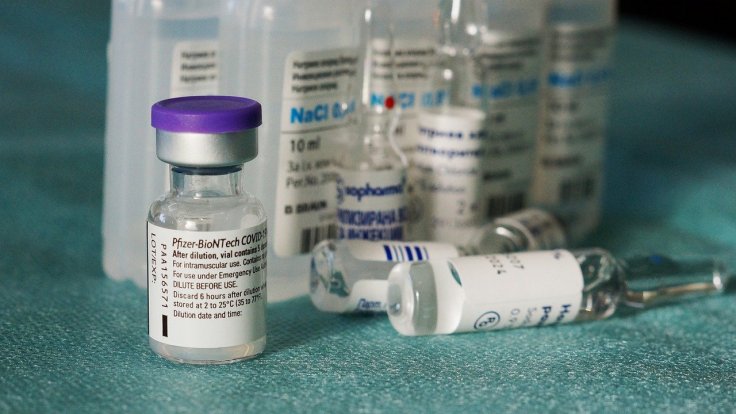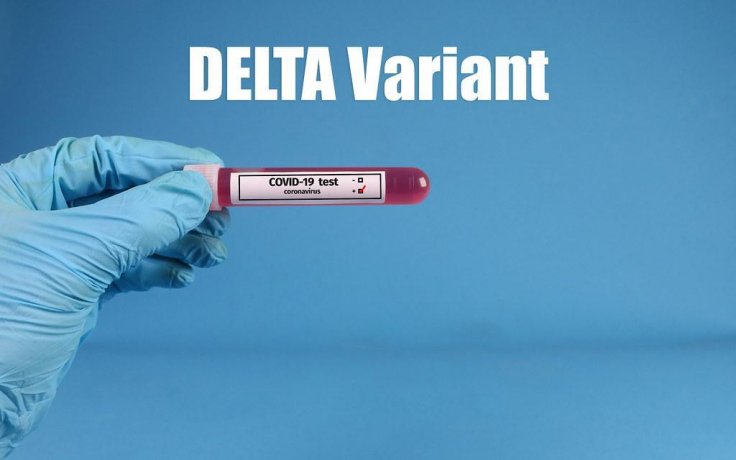Pfizer Inc will ask the US Food and Drug Administration (FDA) to authorize a booster dose of its vaccine given the fast spread of the Delta variant in the country.
A senior Pfizer scientist said told Reuters on Thursday that there is evidence for risk of reinfection within six months of taking the vaccine shot, combined with the new risk of the highly contagious Delta variant.
FDA and CDA Say No
However, Pfizer's move is not supported by the FDA and the Centers for Disease Control and Prevention (CDC). The organizations have said that people who have been vaccinated with two doses do not require booster shot for protection against the Delta variant.

At the end of June, a top epidemiologist and a public health scientist had warned that the US is set to witness an explosive outbreak of the Delta variant in a month's time, if people are not fully vaccinated.
"The US has just one month to act before it becomes full blown Delta variant dominant. One month to slow it down. One month to fully vaccinate," epidemiologist Eric Feigl-Ding said.
Top Epidemiologist Weighs in
The expert urged the US Centers for Disease Control and Prevention (CDC) and the World Health Organization (WHO) to take urgent steps to vaccinate people in the US.
"If the CDC doesn't issue new guidelines to stem the growth of #DeltaVariant, which can transmit via merely 5-10 seconds of passive breathing exposure, it will be extremely derelict," he added.

"The Delta variant is leaps and bounds faster than any other variant known to date. It represents a clear and present danger to the world. This Delta variant surge will not end well for low vaccination areas," the expert said.
Mikael Dolsten, the chief scientific officer of Pfizer, noted the reports from Israel that said there was a dip in the vaccine's effectiveness. Israel had said that the vaccine's ability to prevent both infection and symptomatic disease had dropped to 64 percent in June.
While Dolsten said the Israeli experience was mostly due to infections in people who had been vaccinated in January or February, he also added that there indeed was a risk of reinfection after six months.
Israel Experience
"The Pfizer vaccine is highly active against the Delta variant ... " Dolsten said said, adding that, after six months, "there likely is the risk of reinfection as antibodies, as predicted, wane."
He further said: "It's a small data set, but I think the trend is accurate: Six months out, given that Delta is the most contagious variant we have seen, it can cause infections and mild disease."
He also underscored the view held by Pfizer that even with the dropping of antibody levels over the months, the vaccine still remained around 95 percent effective against severe disease.
Meanwhile, the FDA and CDC said in a joint statement: "We are prepared for booster doses if and when the science demonstrates that they are needed."
Last week, Israel said that the vaccine's effectiveness in preventing both infection and symptomatic disease fell to 64 per cent since Jun 6. According to a report published by the ministry in May, two doses of Pfizer's vaccine were able to give more than 95 percent protection against infection and hospitalization.
However, the health ministry also said the vaccine was still 93 percent effective in preventing hospitalizations and serious illness from the coronavirus.








